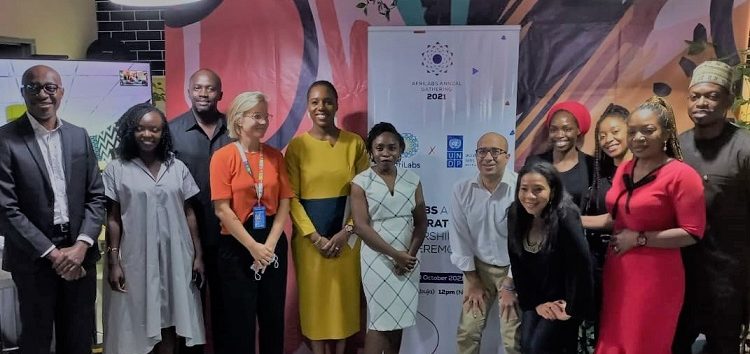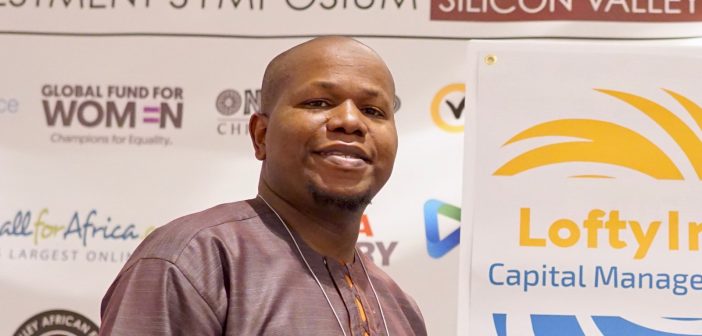Drugstoc’s Adham Yehia is set to stamp out counterfeit drugs from Nigerian hospitals & pharmacies
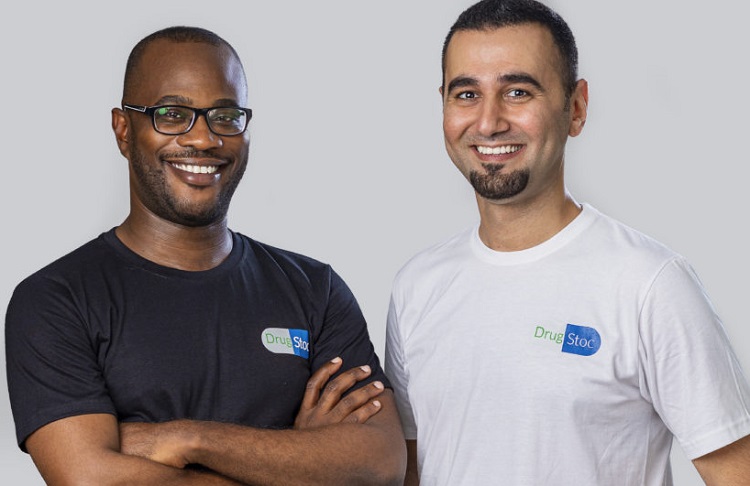
Drugstoc is a health-tech startup that offers hospitals and pharmacies a procurement platform for all medications, consumables, and small medical equipment.
Chibuzor Opara and Adham Yehia founded the startup in 2017 with the goal of closing the supply chain gap in Nigeria’s medical sector.
In November, the company raised $4.4 million in a Series A funding round to expand its operations in Nigeria. Africa HealthCare Master Fund (AAIC) led the Series A funding round, with participation from Vested World, a repeat investor, and the German Development Bank (DEG).
Adham Yehia shared his vision for the Nigerian medical sector with us.
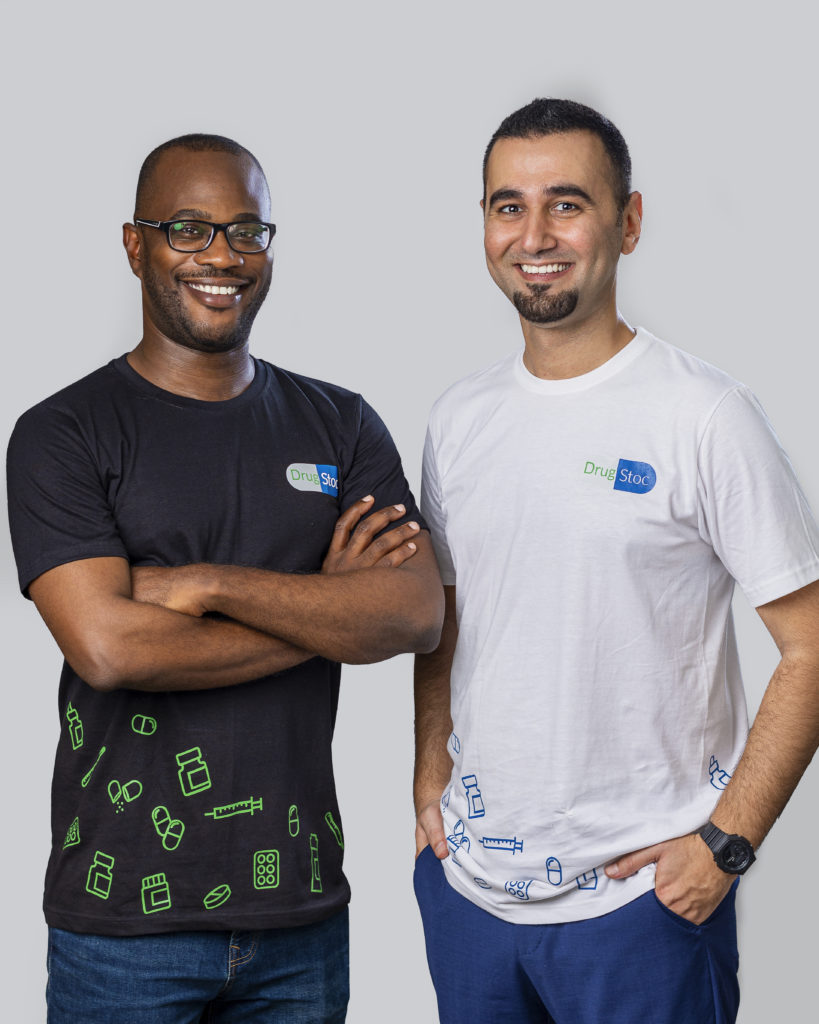
What inspired the creation of Drugstoc? What is your backstory?
I grew up in a family of doctors, so I was constantly exposed to the hospital. I began managing the hospital very early in my career; after finishing my bachelor’s degree at the age of 19, I returned to Nigeria and took on an administrative role at the hospital.
There were two issues that stood out as critical issues affecting health care delivery. Because of Nigeria’s brain drain, most health providers have a high staff attrition rate. Many doctors and physicians prefer to work in foreign countries because the pay and opportunities for advancement are significantly better.
As a result, the country has a massive shortage of medical talent. Running a hospital brought the problem to light, but it is not a problem that the private sector can solve on its own; rather, it is systemic and requires intervention from the government, among other players.
The second problem I discovered while running a hospital was that the accessibility and quality of products available to providers were second to none. We discovered that the status quo was not acceptable for our facilities (counterfeits, availability, expiry, and lack of product access) and began thinking about how to solve this problem not just for us, but for every provider in Nigeria.
Any hospital that purchases drugs on the open market runs the risk of receiving substandard or counterfeit drugs. You also run the risk of product instability, which means that the drug you have today may not be available next week, forcing you to change medication for people.
This did not sit well with us. I go to great lengths to ensure that my doctors and pharmacists are professional and that the service they provide is up to international standards, but when you have no control over the quality of medication you prescribe, all of that quality service is lost.
I went to Holland for my Master’s degree because we were determined to find a solution to this problem. During my time there, I insisted on writing my thesis on the Nigerian healthcare system, which prompted them to request that I find an associate professor to review my work because they had little experience with Nigerian healthcare.
This introduced me to Chibuzo Opara, who was working on his PhD at the time. Unfortunately, he had lost a family member as a result of the same issues with how facilities purchase medication. After speaking with colleagues who owned pharmacies and hospitals, we realized that the solution was more needed than we had previously assumed.
We founded the company in 2017 with the intention of ensuring that all products available to them are both affordable and of high quality.
It must be difficult to run a health-tech company in Nigeria. How have you managed to stay relevant?
Challenges are a big part of why we get excited to wake up every day. We are steadfast in our commitment to resolving the access and quality issues until our health-care colleagues have access to everything they require to provide the best possible care to their patients. We remain relevant to healthcare providers by providing them with access and convenience while maintaining the underlying promise of quality. Our goal is to change Nigeria’s narrative in our lifetime. We want medical supplies to be available to all licensed healthcare providers.
Since our inception, we have been building a brand of integrity, trust, and quality, which has seen our business grow from supplying 20 facilities to over 3,000 facilities. The majority of our clients come from referrals from existing clients, which fuels our desire to expand this to the rest of the healthcare providers. Being a provider in this part of the world is difficult enough as it is, and our job is to take one headache off their plate, which just so happens to be a major one shared by all of us.
How do you track drugs and ensure that no compromises are made from manufacturers to hospitals and pharmacies?
We were chosen for the Stanford University Seed program, which helped us rethink medicine, supply chain, and finance. We work with over 400 manufacturers, and that number is growing by the day. We can track the movement of an item across the system on an individual pack level using track and trace technology.
We only buy directly from accredited and vetted manufacturers and pay close attention to product quality. In addition, we are ISO certified for GDP, which ensures that processing and storage conditions meet international standards.
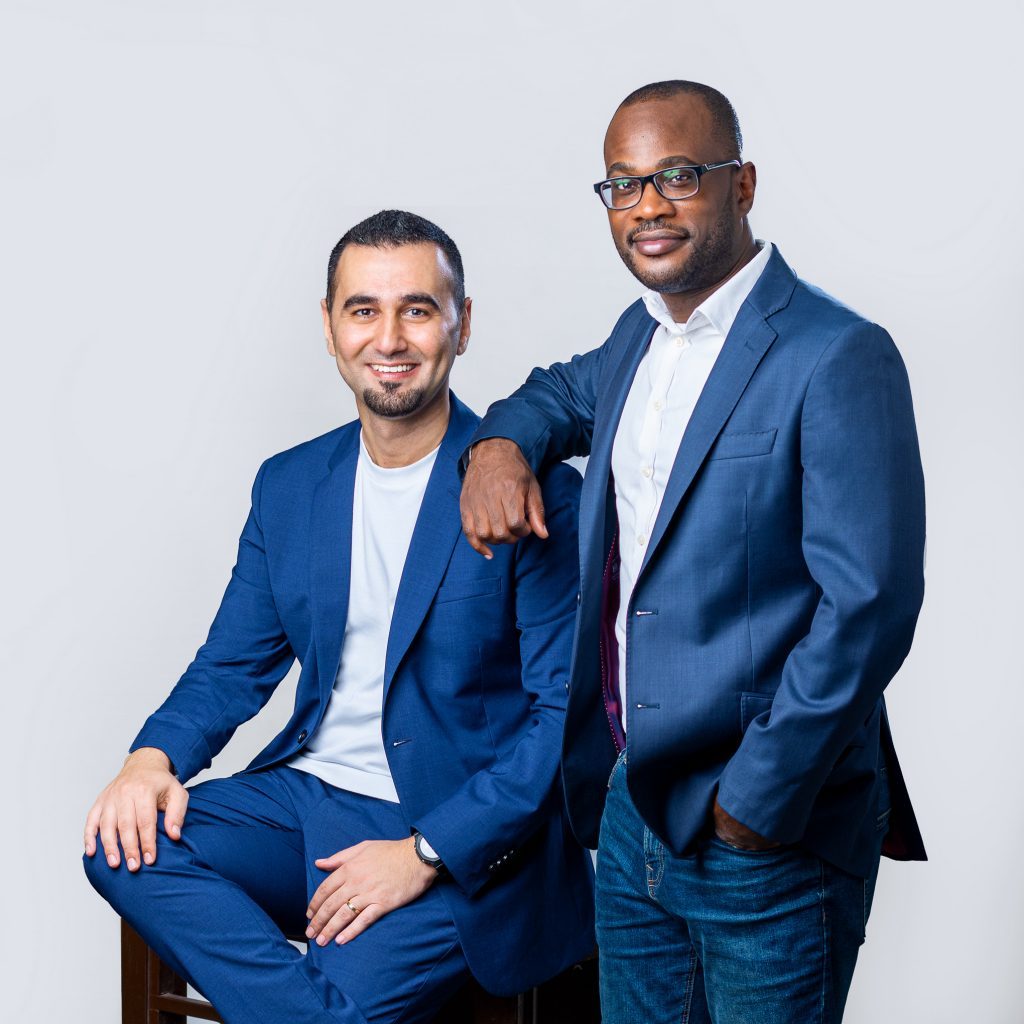
What other services or products does Drugstoc provide?
Our primary service offering is easy access to thousands of medications with transparent pricing and prompt delivery to any facility within our Drugstoc coverage area. Items can be requested by providers through a variety of channels, including mobile applications, web portals, direct calls, texts, and USSD functionality.
If you are a licensed health care provider, we are here to help you grow while also eliminating substandard and counterfeit items from your facility. We are more than just a delivery service; we have international-standard warehouses and fulfillment centers where we store drugs and supply them to healthcare providers.
With the $4.4 million in investor funding, we plan to expand our operations to meet the needs of pharmacies and hospitals across the country. We were previously only focused on Lagos, but we intend to expand our services to meet the needs of more people.
How did Drugstoc survive COVID, given that your job necessitates a supply chain? Did you work from home?
As difficult as it is, we are on a mission to empower as many health care providers as possible. If we close due to COVID, hospitals and pharmacies that work with us will be impacted as well. We accomplished this with the help of a fantastic team! We were processing and delivering thousands of drugs per day even at the height of the pandemic. We saw this as our duty, so shutting down operations was not even an option.
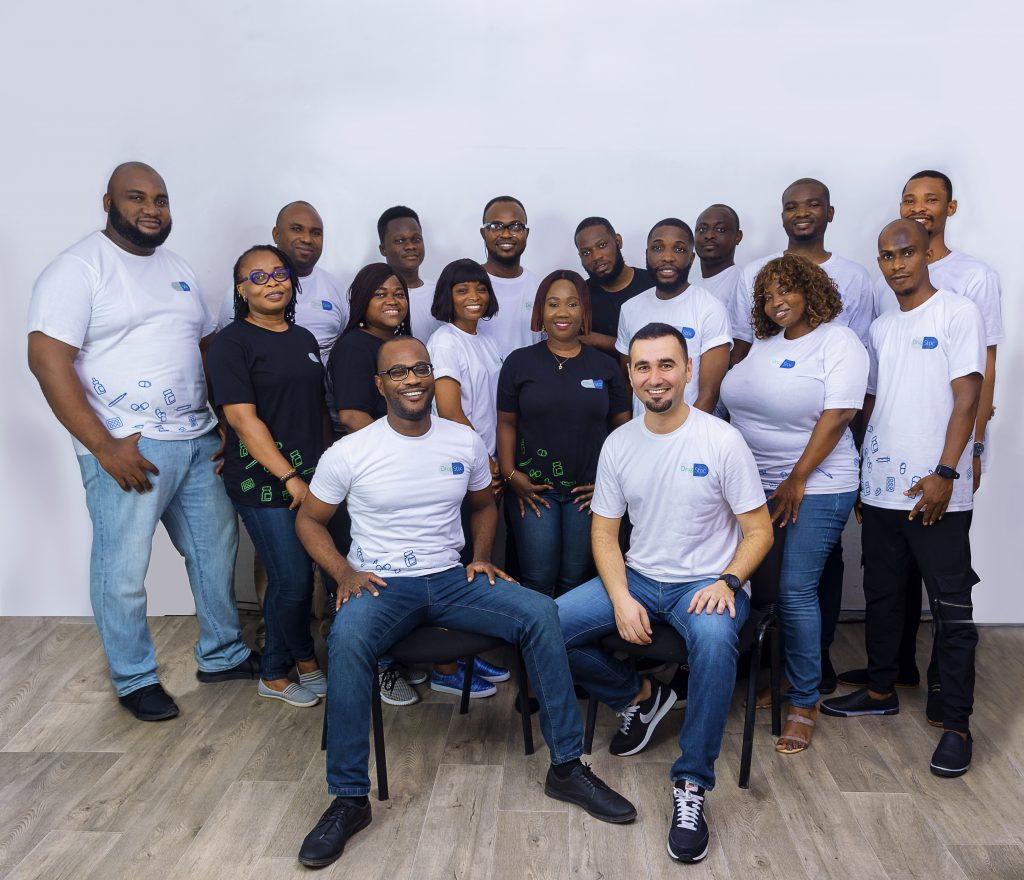
We were able to accomplish this by following strict protocols such as non-contact delivery and isolating fulfillment staff to avoid interactions with the outside world. We also provided free health worker protection kits to a number of facilities to assist them in protecting their employees from infection and shutting down. We continue to be an important service, and we are proud of it.
Health financing is an intriguing aspect because many Nigerians have little or no access to such services; does Drugstoc intend to provide such services, and how do you believe financial institutions can assist?
With insurance penetration increasing over the last two years, we are optimistic that more Nigerians will no longer pay out of pocket for health-care services. The advent of telemedicine will also make basic primary care available to anyone who requires it at a low cost. Drugstoc is designed to help pharmacies and hospitals meet the needs of their patients.
What disruptive innovation are you most excited about?
We are excited to see what artificial intelligence and blockchain technology can do to change Africa’s narrative. With regard to global supply chain issues, we believe that blockchain will enable the tracking and tracing of products in the supply chain via an efficient framework. It will also enable the validation of transactions that cannot be changed or altered.


